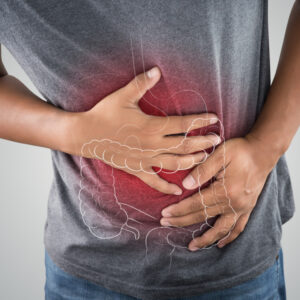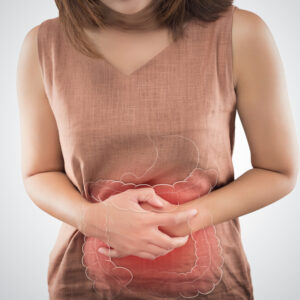Common Types and Treatments of Eczematous Dermatitis
Eczema is a common type of skin problem that could cause itchiness and redness to your skin. Sometimes, the condition of eczema is referred to as atopic dermatitis which is an allergy. Those who have this issue will generally have asthma and allergies along with the red and itchy skin. Eczema is not a contagious disease. However, the exact cause of eczema is still to be procured.
Types of eczematous dermatitis
Atopic dermatitis
This is one of the most common types of eczematous dermatitis.

Symptoms
- Rashes in elbows and knees
- Rashes turning lighter or thicker or even darker
- The appearance of small bumps which could start leaking once you scratch them
- Rashes on the scalp or the cheek of the babies
Contact dermatitis
If the itchiness and the redness of your skin are due to a reaction caused by a substance you touch then you might be having contact dermatitis. This type of eczematous dermatitis has two other types which are allergic contact dermatitis and irritant contact dermatitis.
Symptoms
- Skin tuning red and itches, burns, and stings starting to appear
- Hives appearing on your skin
- Blisters filled with fluids
- Scaly and leathery skin
Dyshidrotic eczema
Dyshidrotic eczema is a common type of eczematous dermatitis seen more in women than men. It will cause the formation of small blisters on your hands and feet.
Symptoms
- Blisters filled with fluids
- The blister that will hurt and itch
- Scaly skin with crack and flake
Hand eczema
This type of eczematous dermatitis only affects your hands. If you are a hairdressing or a cleaning expert, then you might get hand eczema. Those who work with chemical regularly are more prone to get caught by hand eczema.
Symptoms
- Itchy hands which will turn red and start itching
- Cracks and blisters may also start appearing
Neurodermatitis
Neurodermatitis is very similar to atopic dermatitis. Generally, it will make your skin itchy and cause thick patches to appear on your skin.
Symptoms
- Thick and scaly patches on your legs, arms, neck, and many other parts of your body
- Itchy patches during the period of relaxation or asleep
- Bleeding from the patches after scratching
Nummular eczema
This type of eczema will cause some coin-shaped spots on your skin. In Latin, the word ‘nummular’ refers to the coin. Nummular dermatitis is entirely different from other types of dermatitis, and it can cause severe itching.
Symptoms
- Coin or round-shaped spot will appear on your skin
- These spots will cause severe itchiness
Stasis dermatitis
When fluids leak from your weak veins into your skin, this will cause stasis dermatitis. This condition will cause severe redness, swelling, pain, and itchiness.
Symptoms
- The lower portion of your leg will swell up when you walk during the daytime
- Achiness on your legs which could feel heavy
- The skin over your varicose veins will become really itchy and dry
- Sores on your legs and at the top of the feet which can really hurt
Treatment for eczematous dermatitis
- Cold compress: Applying cold compress on the places where you are getting eczema symptoms could help you to get relief. Take a soft cloth to make it wet with cool water and then dry it up a little bit and then apply on your skin where you are having the symptoms.
- Baking soda or colloidal oatmeal bath: Another excellent option for you is taking baking soda or colloidal oatmeal bath. Both these elements have anti-inflammatory properties that will provide you wonderful relief from the itchiness of eczematous dermatitis.
- Apply moisturizer on your skin: You can also apply creams or ointments which are rich in oil and can cause a string barrier against eczema. After you take a bath, you should look to apply the cream to seal the moisture in your skin. This is one of the more effective ways to treat eczema and also protect you against it.
- Consult with your doctor: When your eczema is persistent, you should contact your doctor who will treat this condition with medicines and therapies.
- Wearing loose-fitting clothes: When you are having eczema, you should be looking to wear loose-fitting clothes which are made of soft fibers such as cotton. Wearing tight-fitting clothes in such cases could make the matter worse.
Finally, if you are having symptoms of eczema, then you should be trying these remedies first. If your eczema persists even after that then you should definitely consult with the doctor as early as possible.





